Tag: Charles Pattie
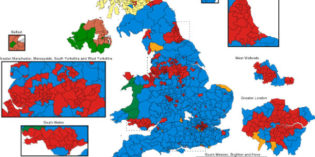
General election polling goes geographical: the accuracy and value of constituency-level estimates
The 2017 general election saw a largely unremarked geographical extension to opinion polling, with three analysts publishing estimates of which party was likely to win in each of the country’s constituencies. Ron Johnston, Kelvyn Jones, David Manley, Charles Pattie, Todd Hartman, and David Rossiter have analysed their accuracy and considered the implications of that development for the conduct of future elections.
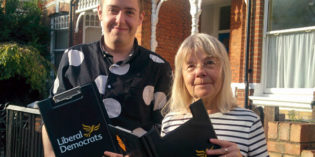
Party canvassers don’t change people’s opinions, but they do persuade them to vote
Party volunteers up and down the country (and especially in marginal seats) are pounding the streets campaigning on their party’s behalf. But what sort of effect, if any, do they really have? Charles Pattie, Ron Johnston and Todd Hartman show that while doorstep campaigning is unlikely to change people’s political opinions, it is particularly effective […]

How UKIP’s election strategy is boosting Theresa May’s chances of a big majority
In the aftermath of the 2016 Brexit vote, UKIP seems to have lost much of its original purpose and is unlikely to repeat its 2015 vote share at the 2017 General Election. But, Ron Johnston, Charles Pattie and David Rossiter argue, it may yet have an important – if indirect – impact on the election […]

The case of the missing marginals: how big will May’s majority be?
A little-reported result of the 2015 general election was a substantial reduction in the number of marginal seats, and a consequent increase in the number of very safe ones for both the Conservatives and Labour. Ron Johnston, Charles Pattie and David Rossiter explore the implications of those changes for the forthcoming election. Will May get […]
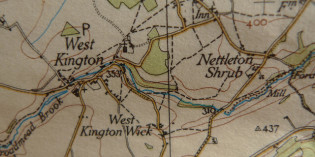
It would be neither feasible nor sensible to instruct the Boundary Commission to create ‘competitive’ constituencies
In a recent report by Mathew Lawrence and Sarah Birch the Institute for Public Policy Research has made several proposals for improving the quality of British democracy. One of them involves politicising the traditionally fiercely independent and neutral Boundary Commissions, by requiring them to gerrymander constituency boundaries to produce fewer safe and more marginal seats. […]

Ensuring equal representation in Parliament: who counts?
The UK government announced on July 16 that it had decided to end the transition period to Individual Electoral Registration early. The Electoral Commission had recommended that it did not, and thereby allow some 1.9 million people who would otherwise be removed to remain on the electoral roll for a further year. The Commission’s reasons […]

Electoral bias in the UK after the 2015 General Election
Most discussion of the UK’s 2015 election so far has focussed on the unexpected Conservative majority. But Charles Pattie and Ron Johnston reveal another remarkable story hidden just below the surface. The electoral system not only deals unfairly with the smaller parties. It is also biased in how it treats the Conservatives relative to Labour. But the […]
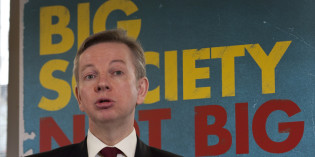
Party manifestos fail to offer clear commitments on the redrawing of Parliamentary boundaries
Will the rules for the redistribution of Parliamentary constituencies be changed by the next government – as recommended by a House of Commons Committee? Or will another disruptive exercise reducing the number of MPs begin within a year of the 2015 election, as currently scheduled? As Ron Johnston, David Rossiter and Charles Pattie show, there […]
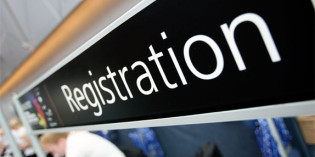
There are fewer people registered to vote in 2015 than there were in 2010: is that to Labour’s advantage?
The 2010 general election result was considerably biased in Labour’s favour: if they and Conservatives had won equal shares of the vote total, Labour could have obtained as many as 54 more seats than their Tory opponents. This bias partly reflected unequal electorates across the country’s constituencies. Recently published data show that the number of […]

The British party system – or systems: how many on the ground?
Much is being written about the fragmentation of the British party system in the run-up to the 2015 general election, but little about how that is reflected across the country’s constituencies where the election will be won and lost. To some, a three-party system had developed (four-party in Scotland and Wales) in the decades leading […]


 Democratic Audit's core funding is provided by the Joseph Rowntree Charitable Trust. Additional funding is provided by the London School of Economics.
Democratic Audit's core funding is provided by the Joseph Rowntree Charitable Trust. Additional funding is provided by the London School of Economics.